
October 13, 2025, marks a significant date on the American calendar, recognized nationally as Columbus Day and, in many areas, as Indigenous Peoples’ Day. This federal holiday, observed on the second Monday of October each year, offers a paid day off for federal workers and sees the closure of various institutions. Its observance, however, is steeped in a complex history and ongoing public discourse, reflecting diverse perspectives on historical interpretation and cultural recognition.
Beyond this singular federal observance, the month of October is remarkably rich with a multitude of daily, weekly, and monthly commemorations. From significant awareness campaigns to lighthearted celebrations, it transforms into a period brimming with opportunities for recognition, learning, and community engagement. This extensive array of observances underscores the dynamic nature of how Americans mark and celebrate various aspects of their heritage, society, and daily lives.
This in-depth article aims to clarify the details surrounding Columbus Day/Indigenous Peoples’ Day 2025, examining its historical trajectory, the evolving narrative surrounding its namesake, and its practical implications for citizens. Furthermore, it will set the stage for understanding the broader tapestry of observances that make October such a uniquely packed month, inviting a closer look at what makes this period so distinct.
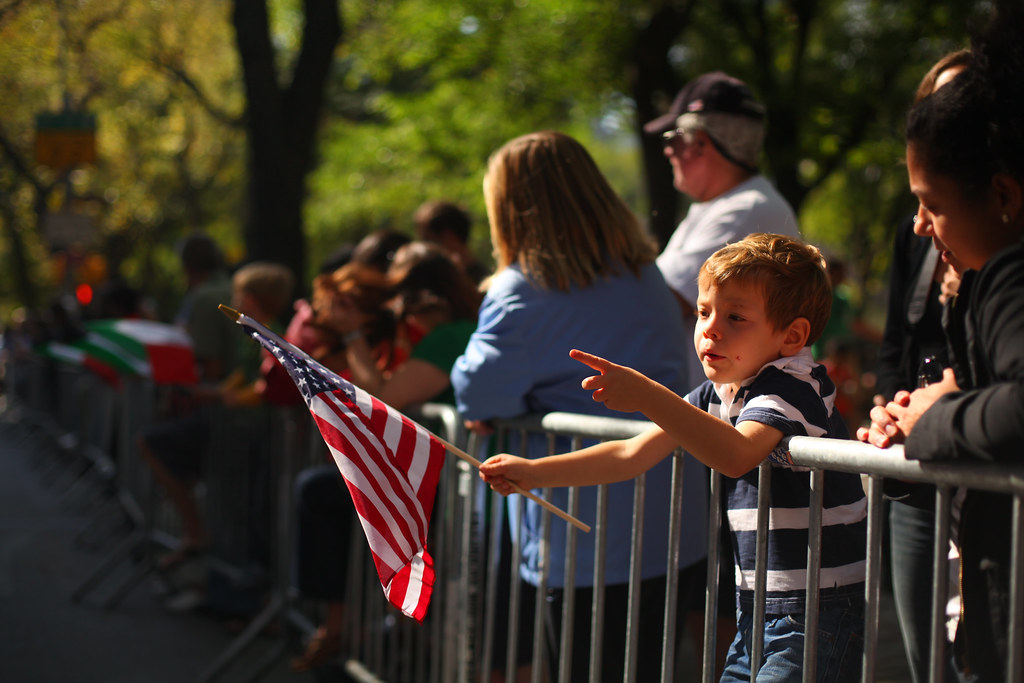
1. **Columbus Day 2025: A Federal Holiday Overview**Columbus Day is a federal holiday celebrated by many states on the second Monday in October each year. In 2025, this observance will fall on Monday, October 13. As one of 10 official federal holidays, its recognition means that federal workers typically receive a paid day off, underscoring its established status within the national framework.
This holiday traditionally commemorates the arrival of Christopher Columbus in the Americas on October 12, 1492. For centuries, it has been widely accepted that Columbus was the first European to have discovered the New World, an event that, for many, irrevocably changed the course of history. Across the United States, people have historically celebrated the day Columbus landed in America, viewing it as a pivotal moment.
However, the holiday’s commemoration has become increasingly complex and controversial in recent years. Native American groups, citing Columbus’s documented mistreatment of indigenous peoples, have advocated for changing the holiday’s name and focus. This ongoing debate has led to a dual recognition in many places, with several states and dozens of cities choosing to recognize Indigenous Peoples’ Day instead.
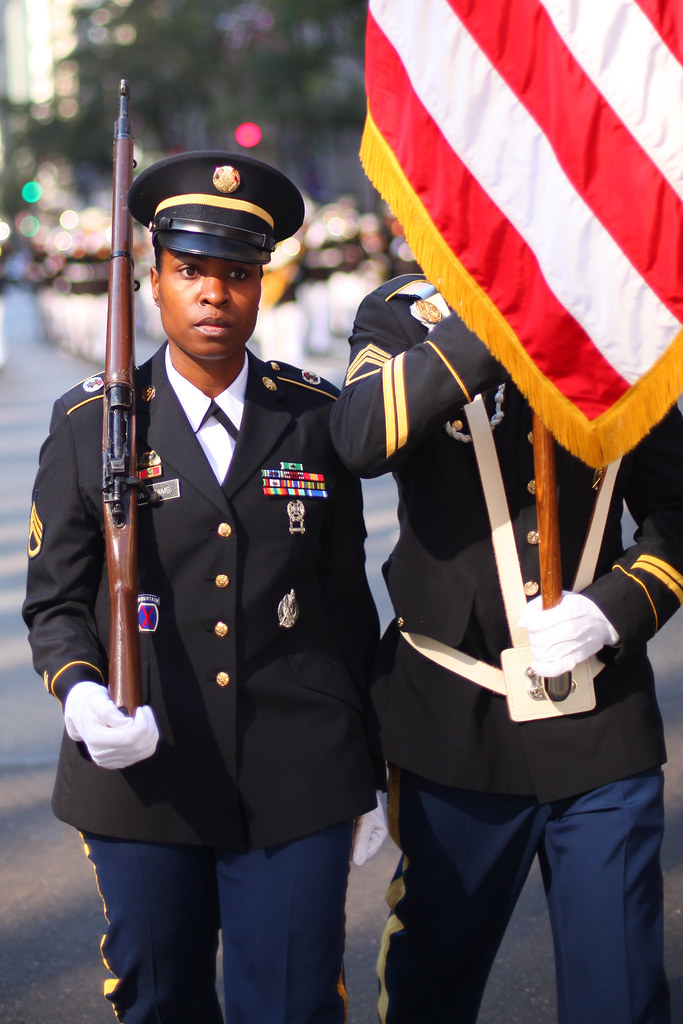
2. **The Historical Roots: From Italian Pride to National Recognition**The initial celebrations of what would become Columbus Day were driven by the Italian population in the United States, particularly in New York City. The first recorded celebration of the discovery of America, organized out of pride by the Italian community, took place on October 12, 1866. This marked the very beginning of a tradition that would grow significantly over the following decades.
The enthusiasm for celebrating this historical date quickly spread. The subsequent year, 1867, saw an increased number of Italian organizations in more cities hosting banquets, parades, and dances on October 12. By 1869, when the Italians of San Francisco held their celebration, they explicitly named it Columbus Day, a nomenclature that would eventually gain national traction.
The holiday’s path to federal recognition was gradual. Colorado became the first state to officially observe a Columbus Day in 1905, setting a precedent that other states would follow over the next two decades. The culmination of these local and state efforts came in 1937, when President Franklin Roosevelt officially proclaimed every October 12 as Columbus Day. The date of observance later shifted in 1971, when Columbus Day was established on the second Monday in October, where it has remained ever since.

3. **The Evolving Narrative: Columbus’s Legacy and Controversies**For a long time, the narrative surrounding Christopher Columbus presented him as the intrepid explorer who “discovered” the Americas, an idea solidified in popular history and marked by the 500th anniversary of his discovery in 1992. This perspective often highlighted his intelligence, education, and skill as a mariner capable of navigating a fifteenth-century vessel to the New World, with proponents arguing he should be honored for his contributions to global exploration.
However, this traditional view has faced significant challenge and reevaluation. Critics argue against the notion of “discovery” when indigenous populations had inhabited the continent for thousands of years. As one reader commented, “How can you discover a continent when there are Native Americans standing on the shore as you row in.” Historical and archaeological evidence also points to earlier European arrivals, such as Leif Eriksson and other Scandinavians, who reportedly “discovered” America centuries before Columbus.
Further compounding the controversy are the criticisms regarding Columbus’s actions and the broader impact of European colonization. Indigenous groups and historians highlight “Columbus’s own mistreatment of natives” and the significant demise of Native American people, history, and culture that followed the arrival of European settlers. Some viewpoints describe Columbus as a “con man” and a “Murderer,” arguing that his story in history books is “incomplete and twisted,” and that continuing to celebrate him is to perpetuate a “Lie.”
Conversely, some argue against the “rewriting, changing, denying, or canceling” of history, even if parts of it are offensive. They contend that Columbus, like any historical figure, was not perfect, and that his flaws should not negate his historical significance or the contributions he made. This debate reflects a deep societal struggle to reconcile historical facts with contemporary values and understanding.

4. **Indigenous Peoples’ Day: An Alternative Recognition**In response to the historical controversies and the mistreatment of native populations associated with Christopher Columbus, Native American groups have been at the forefront of advocating for a different recognition on the second Monday of October. Their efforts have led to a growing movement to replace or observe Indigenous Peoples’ Day concurrently with Columbus Day.
This alternative holiday seeks to honor the history, culture, and contributions of the indigenous peoples who inhabited the Americas long before European arrival. The momentum for this recognition is evident, as several states and dozens of cities across the United States have officially adopted Indigenous Peoples’ Day, acknowledging the rich and diverse heritage of Native American communities.
California serves as a notable example, as it does not have an official holiday on Columbus Day but instead recognizes Indigenous Peoples’ Day. Furthermore, California law also recognizes Native American Day, celebrated on the fourth Friday in September, allowing state employees to take this day off in lieu of their annual personal holiday, further emphasizing its commitment to indigenous recognition.
In communities that observe Indigenous Peoples’ Day, celebrations often include activities such as traditional dance performances, educational lessons about Native American culture, and other events designed to foster understanding and respect for indigenous heritage. This recognition provides an important counter-narrative and a platform for celebrating the resilience and enduring legacy of America’s first inhabitants.

5. **Columbus Day’s Impact: Closures and Operations**As a federal holiday, Columbus Day has specific implications for the operation of government services and financial institutions across the United States. For federal workers, it means a guaranteed paid day off from their duties. Consequently, federal offices will be closed on Monday, October 13, 2025, in observance of the holiday.
Financial services are also affected by this federal recognition. Federal banks and their branches will be closed on Columbus Day, as they adhere to the federal holiday schedule. While physical bank locations will not be open for business, customers can still access their accounts and manage their finances through bank ATMs and digital banking features, which remain fully operational.
Mail delivery services will likewise be impacted. Post offices across the country will be closed on Monday, October 13, meaning that regular mail and package deliveries will not occur on this day. However, it is important to note that other private delivery services, such as FedEx and UPS, will generally continue to operate their services, often with normal or slightly modified schedules.
In contrast to federal offices and banks, the impact on schools and most private businesses is less uniform. The context indicates that most schools will be open on Columbus Day, citing California as an example where it is not recognized as a school holiday. Similarly, the majority of businesses and retailers are expected to remain open, though some may choose to operate with modified hours. It is advisable for individuals to contact local establishments directly to confirm their operating schedules for the holiday.
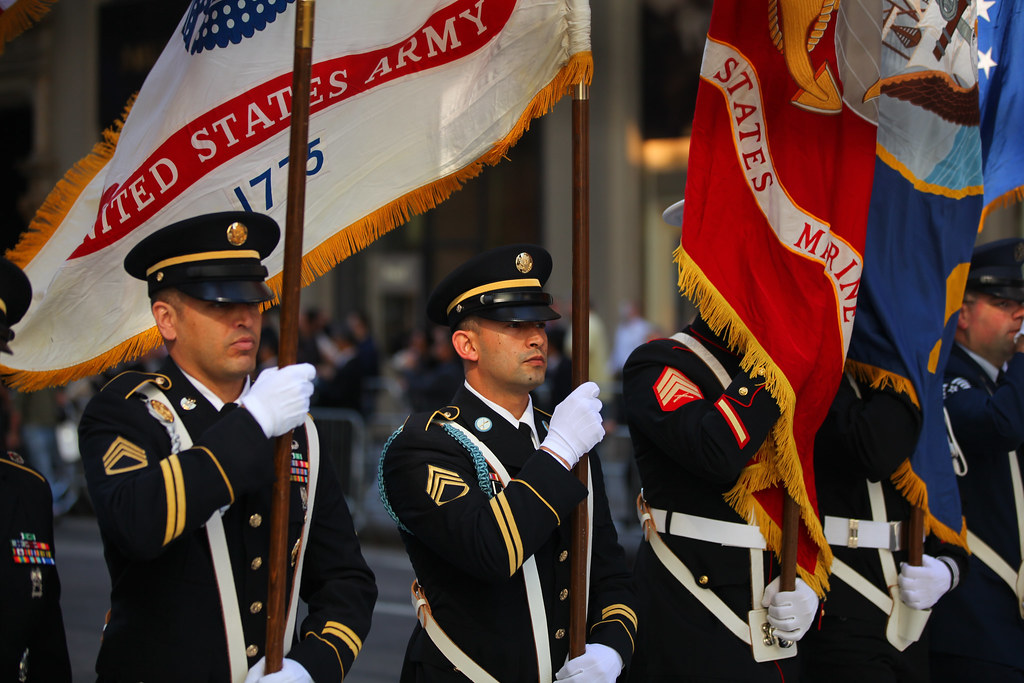
6. **Annual Celebrations: Parades and Community Events**Despite the ongoing debates and evolving perspectives, Columbus Day continues to be a focal point for various annual celebrations across the United States. For many, particularly within Italian-American communities, the day has evolved into a vibrant celebration of their heritage, honoring the contributions of Italian immigrants and their descendants to American culture.
These celebrations frequently take the form of large-scale public events, including parades and street fairs. These gatherings are typically characterized by colorful costumes, live music, and an abundance of Italian food, creating a festive atmosphere for attendees. Such events serve as a significant expression of cultural pride and community cohesion.
Among the most prominent of these annual festivities is The Annual Columbus Day Parade in New York City. This full parade is a well-established series of events that draw considerable attention and participation, reflecting the long-standing tradition of the holiday in the city. Another notable celebration is the San Francisco Italian Heritage Parade, where the Italian-American community gathers to showcase its heritage, featuring dignitaries, musical performances, floats, and representatives from various Italian and Italian-American organizations and businesses.
It is also worth noting an alternative perspective offered by one reader, who suggested that Columbus Day was established in 1892 as a memorial for 11 Italian-Americans who were lynched in 1891. While this historical account differs from what is typically found in U.S. history books, it highlights the complex layers of meaning and memory that can become associated with a holiday over time, particularly for specific ethnic groups.
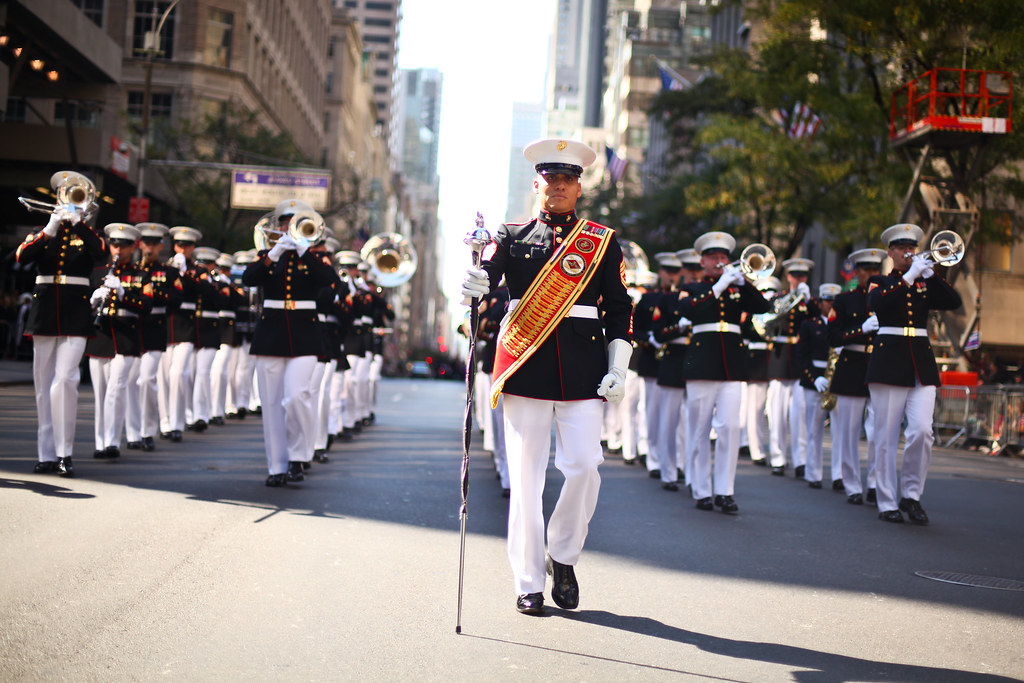
7. **Understanding Other October Monthly Observances**Beyond the primary federal observance of Columbus Day/Indigenous Peoples’ Day, October is an incredibly active month, brimming with a diverse array of monthly commemorations that span a wide spectrum of issues and interests. This collective calendar provides numerous opportunities for public awareness, education, and community involvement, transforming the entire month into a period of heightened recognition.
Prominent among these are several crucial awareness campaigns. Breast Cancer Awareness Month, for example, is a widely recognized initiative dedicated to educating the public about breast cancer, promoting early detection, and supporting research. Similarly, ADHD Awareness Month aims to shed light on Attention-Deficit/Hyperactivity Disorder, providing support and understanding for those affected.
On a lighter, yet equally engaging note, Bat Appreciation Month also takes place throughout October. Given the month’s association with Halloween and spooky festivities, this observance offers a unique opportunity to educate the public about the ecological importance of bats and dispel common misconceptions. These monthly themes encourage sustained focus and dialogue on important topics, extending their impact beyond a single day.
The sheer volume and variety of these monthly observances underscore October’s status as a month of multifaceted engagement. From public health to environmental advocacy and cultural appreciation, these sustained campaigns invite individuals and communities to delve deeper into causes that resonate with them, contributing to a vibrant tapestry of national awareness and celebration. So, grab a pen and jot down these October 2025 holidays on your calendar to keep the celebration going all month long.

8. **Expanding the Calendar: October’s Diverse Weekly Observances**Beyond the established federal holiday and the month-long awareness campaigns, October further enriches its calendar with a variety of weekly observances. These dedicated weeks provide focused opportunities for public engagement, education, and community activities, ensuring a continuous stream of recognition throughout the month. They address diverse areas, from public safety to educational initiatives and lifestyle interests.
Several key weekly observances punctuate October, each drawing attention to important themes. For instance, Fire Prevention Week, typically observed from October 5 to October 11, emphasizes crucial safety measures and educates the public on preventing fires. Similarly, National School Bus Safety Week, running from October 20 to October 24, highlights the importance of safe transportation for students, involving parents, students, and drivers in promoting best practices.
Another notable observance is Mental Illness Awareness Week, from October 5 to October 11, which works to combat stigma and provide resources for those affected by mental health conditions. Additionally, National Baking Week, occurring from October 14 to October 20, celebrates the culinary arts and encourages participation in baking activities, often aligning with the cozy, autumnal atmosphere of the season.
These weekly periods offer a concentrated focus on specific topics, allowing organizations and communities to amplify their messages and initiatives effectively. They serve as reminders of shared responsibilities, communal values, and the diverse interests that contribute to the fabric of American society, ensuring that October remains a month of continuous learning and celebration across many fronts.
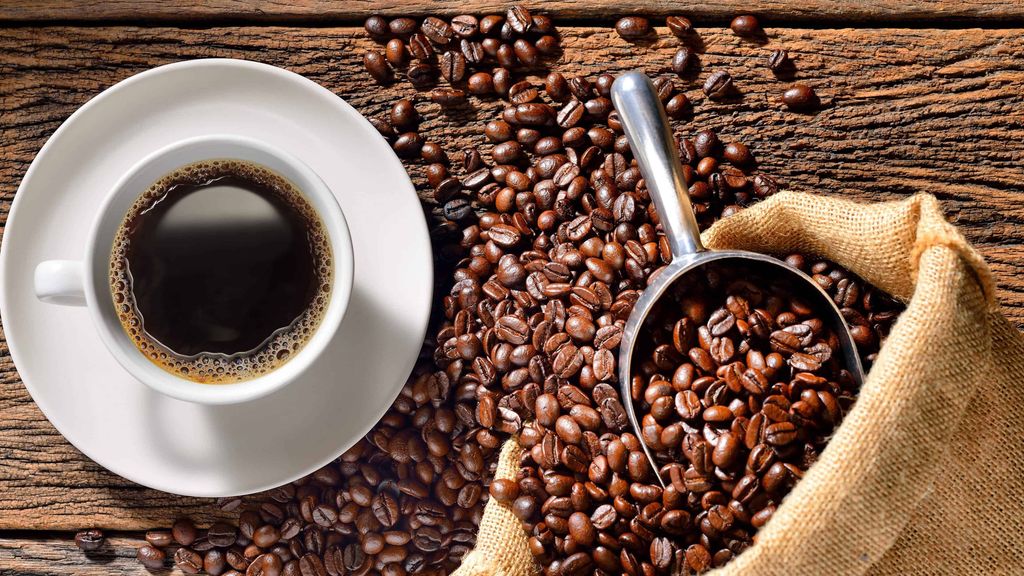
9. **Daily Highlights: International Coffee Day (October 1)**As the calendar turns to October, the very first day, October 1, immediately introduces a widely celebrated global observance: International Coffee Day. This day is dedicated to appreciating coffee as a beverage, acknowledging the millions of people involved in its cultivation, production, and enjoyment worldwide. It unites coffee lovers in a shared passion for one of the world’s most popular drinks.
The observance typically involves events and promotions by coffee shops, producers, and organizations aimed at highlighting fair trade practices, sustainable farming, and the rich cultural heritage associated with coffee. It’s a day to savor a favorite brew, explore new varieties, and perhaps learn more about the journey coffee beans make from farm to cup. Many individuals use this day as an opportunity to support local coffee establishments.
International Coffee Day also serves as a platform to discuss the economic impact of the coffee industry, which provides livelihoods for countless individuals in coffee-producing regions. It underscores the importance of fair wages and ethical sourcing, fostering greater awareness among consumers about the origins and journey of their daily cup. This global celebration brings a warm start to the month, connecting people across continents through a common love for coffee.
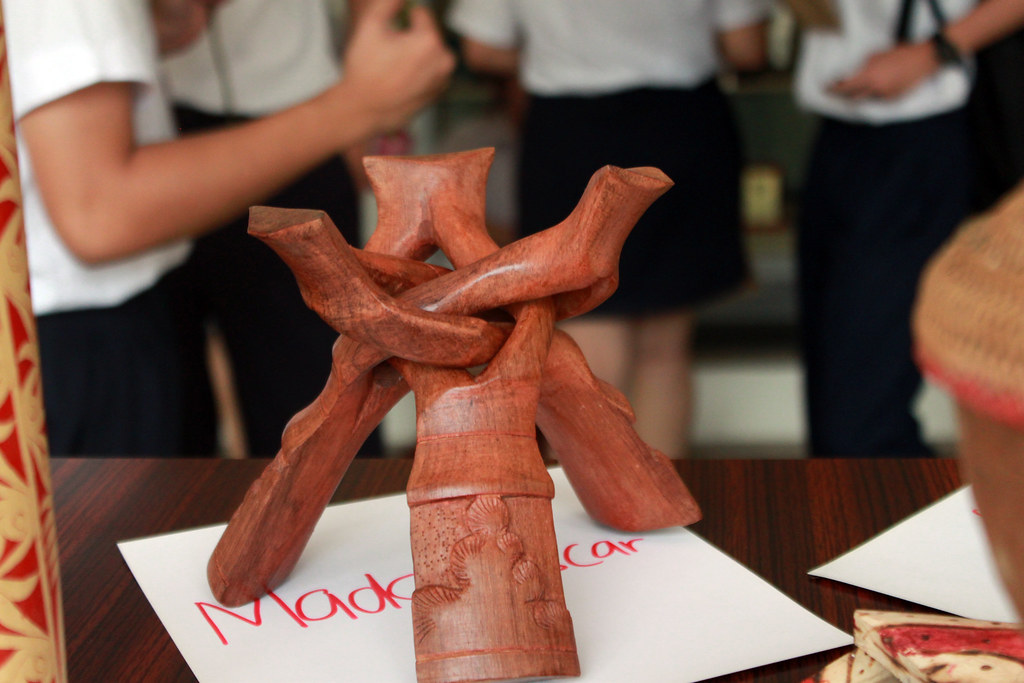
10. **Honoring Educators: World Teachers’ Day (October 5)**Midway through the first week of October, specifically on October 5, the global community observes World Teachers’ Day. This significant international day, established by UNESCO, recognizes the invaluable contributions of teachers to education and development worldwide. It serves as a moment to honor educators for their dedication, hard work, and the profound impact they have on students’ lives and society as a whole.
The observance of World Teachers’ Day often includes events that highlight the challenges faced by the teaching profession and advocate for improved working conditions, professional development opportunities, and greater recognition for educators. It’s a call to action to support teachers in their vital role of shaping future generations and ensuring inclusive and equitable quality education for all.
Students, parents, and communities often take this opportunity to express gratitude to their teachers through various gestures, from simple thank you notes to organized appreciation events. The day underscores the critical importance of a well-supported teaching force in fostering intellectual growth, nurturing talent, and promoting lifelong learning, making it a cornerstone of educational calendars globally.

11. **Promoting Awareness: National Stop Bullying Day (October 8)**October 8 marks National Stop Bullying Day, a crucial observance dedicated to raising awareness about the pervasive issue of bullying and promoting efforts to prevent it. This day calls attention to the adverse effects of bullying on individuals, schools, and communities, advocating for a safe and inclusive environment for everyone. It encourages proactive steps to address and mitigate bullying in all its forms.
The observance typically involves educational initiatives, anti-bullying campaigns in schools, and community discussions aimed at fostering empathy, respect, and intervention strategies. Resources are often shared to help victims, bystanders, and perpetrators understand the dynamics of bullying and how to seek or offer support. The goal is to cultivate a culture where bullying is not tolerated and everyone feels empowered to speak up.
National Stop Bullying Day underscores the importance of creating supportive networks and implementing effective policies to protect vulnerable individuals. It highlights the collective responsibility of society to ensure that young people grow up in environments free from harassment and intimidation, contributing to their overall well-being and academic success. This day serves as an important reminder of the ongoing effort required to build kinder, safer communities.

12. **Culinary Celebrations: National Pasta Day (October 17)**As October progresses, the culinary landscape takes center stage on October 17 with the celebration of National Pasta Day. This day is dedicated to one of the world’s most beloved and versatile food items, recognizing its cultural significance, diverse forms, and universal appeal. It’s an invitation to indulge in pasta dishes of all kinds, from simple weeknight meals to gourmet creations.
National Pasta Day provides an excellent opportunity for home cooks, restaurants, and food enthusiasts to celebrate Italian-American heritage and global culinary traditions that embrace pasta. Many partake in preparing traditional family recipes or experimenting with new pasta shapes and sauces. The day often sees special promotions in grocery stores and dining establishments, encouraging people to enjoy their favorite pasta dishes.
Beyond its delicious appeal, pasta holds a significant place in many cultures as a staple food, cherished for its affordability, versatility, and ability to bring people together around the dining table. This observance highlights the joy of food and the rich tapestry of culinary traditions that make October a month of diverse celebrations, bringing a flavorful highlight to the middle of the month.
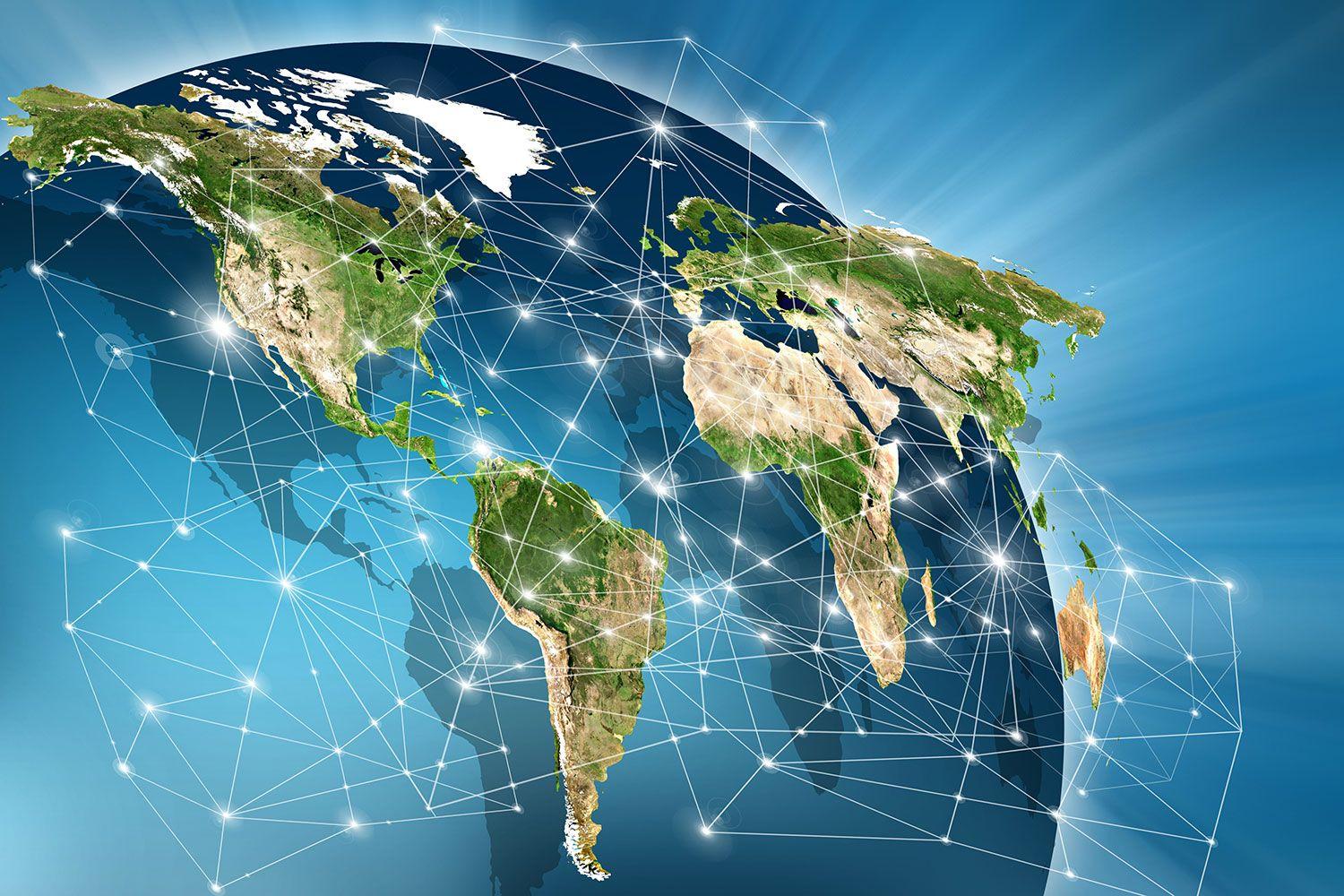
13. **Global Health Focus: World Polio Day (October 24)**Towards the end of October, on the 24th, the world turns its attention to a critical public health initiative with the observance of World Polio Day. This day is dedicated to raising awareness about the ongoing efforts to eradicate poliomyelitis, a debilitating and potentially fatal disease. It commemorates the birth of Jonas Salk, who led the first team to develop a vaccine against polio.
The global campaign to eliminate polio has seen remarkable success, with the disease now eradicated in most parts of the world. World Polio Day serves as a reminder of the progress made and the vital work that remains to completely wipe out polio from the planet. It emphasizes the importance of vaccination programs, surveillance, and sustained commitment from international health organizations, governments, and communities.
Activities on this day often include educational events, fundraising efforts, and public awareness campaigns designed to inform people about the disease and the critical role vaccines play in preventing its spread. It highlights the power of global collaboration in achieving monumental health goals, inspiring continued dedication to ensure that no child ever suffers from polio again. This observance underscores the month’s broader commitment to health and well-being.
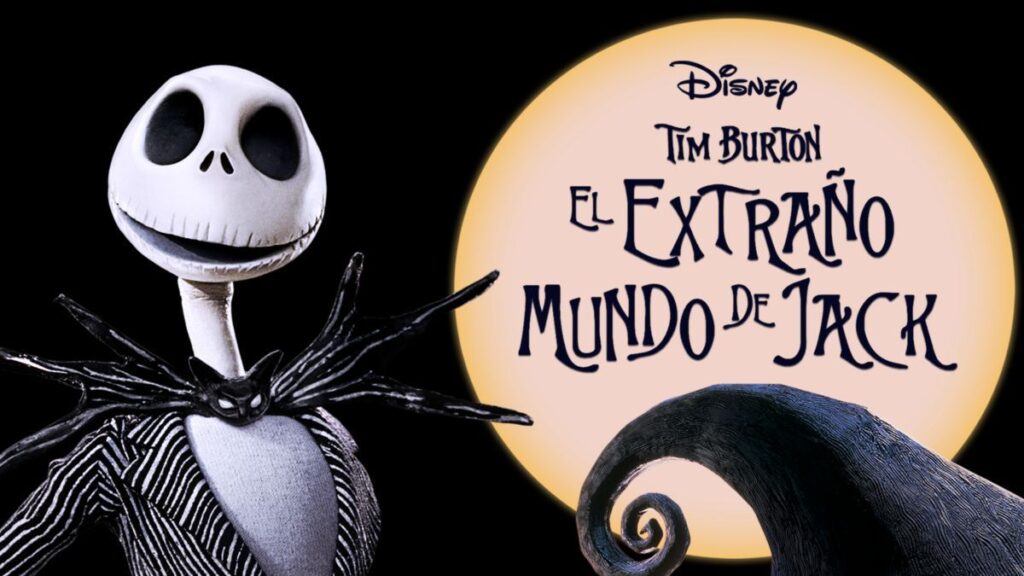
14. **October’s Grand Finale: Halloween (October 31)**The month of October culminates in one of its most anticipated and widely celebrated events: Halloween on October 31. This ancient holiday, with roots in Celtic harvest festivals and spiritual traditions, has evolved into a vibrant celebration characterized by costumes, trick-or-treating, haunted attractions, and themed parties. It is a day embraced by people of all ages for its unique blend of spooky fun and community engagement.
The month of October culminates in one of its most anticipated and widely celebrated events: Halloween on October 31. This ancient holiday, with roots in Celtic harvest festivals and spiritual traditions, has evolved into a vibrant celebration characterized by costumes, trick-or-treating, haunted attractions, and themed parties. It is a day embraced by people of all ages for its unique blend of spooky fun and community engagement.
Halloween preparations often begin weeks in advance, with individuals decorating homes, carving pumpkins, and planning elaborate costumes. The evening itself is typically filled with children going door-to-door in search of candy, while adults often participate in costume contests and social gatherings. The playful embrace of ghoulish themes, spooky stories, and autumn folklore contributes to its distinctive charm.
Beyond the festivities, Halloween also provides an opportunity to explore themes of folklore, storytelling, and community bonding. It encourages creativity and imagination, transforming neighborhoods into lively, festive spaces. This annual event serves as a grand conclusion to October’s packed calendar, embodying the month’s spirit of diverse celebrations, from serious observances to lighthearted traditions, before the transition into November.
October, with its rich tapestry of observances—ranging from federal holidays and critical awareness months to weekly campaigns and daily celebrations—truly stands out as a uniquely dynamic period on the American calendar. It encapsulates a wide spectrum of human experience, from historical reflection and cultural appreciation to health advocacy and festive merriment. As the leaves change and the air grows crisp, the opportunities for learning, engagement, and celebration abound, making October a month that consistently offers something meaningful for everyone.



